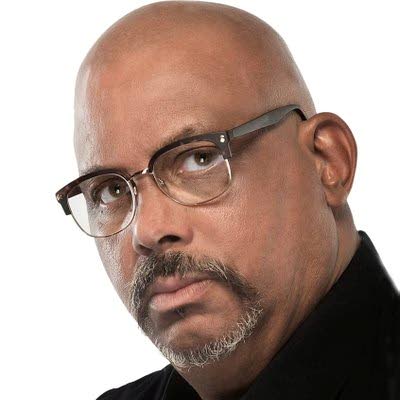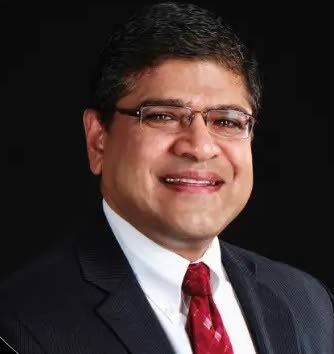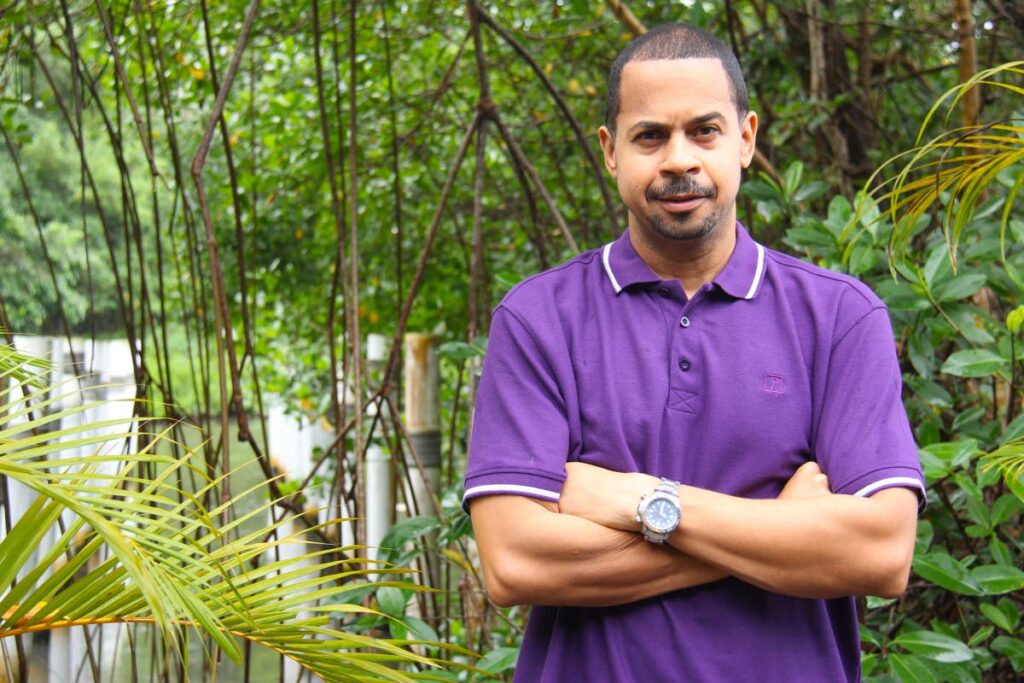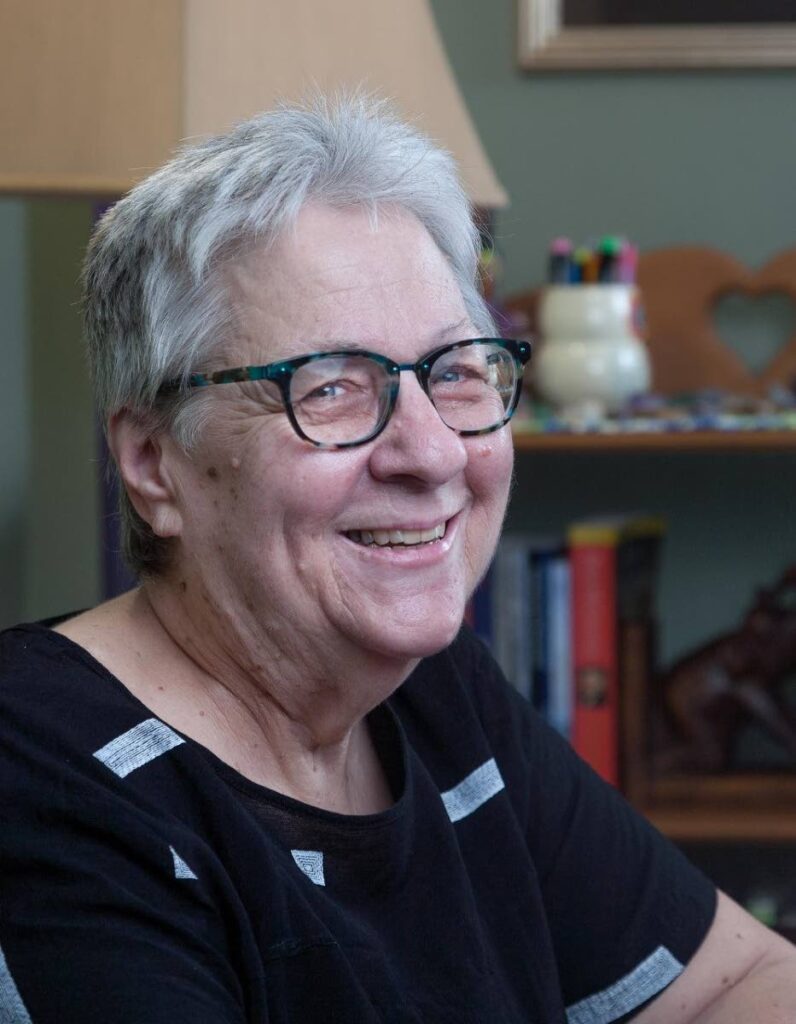The continuing education conversation
Written by Mark Lyndersay on August 19, 2024

BitDepth#1472
Mark Lyndersay
ON JUNE 30, the Prime Minister gave a commencement speech to more than 400 graduates at the University of the Southern Caribbean.
In his speech, Dr Rowley, looking appropriately professorial in cap and gown, challenged graduates to put their knowledge to work in the fight against crime.
It might have slipped the PM’s speech-writers that in this case, the sermon was being quite determinedly directed to the choir, a group of successful tertiary scholars who, with the support of the Seventh-Day Adventist Church, had successfully completed almost two decades of study in the local school system.
Tens of thousands of children were not in that room, and most will live their lives with no knowledge of its existence.
They are the vulnerable heel of our education system and 2,600 of them will enter secondary schools in September.
The SEA exam gets its bad reputation for the way it is executed, acting as a gating mechanism between the desired denominational, government-assisted schools and the sometimes problematic government-run school system.
Many will be placed at the 16 schools that the Education Ministry designated in 2022 as “high-risk” after they assigned a heightened police presence to them.
Children entering these high-risk government schools will have scored 50 per cent or less in the SEA exam.
Students scoring less than 30 per cent doubled from 8.3 per cent in 2020 to 18.7 per cent in 2022, but dropped to 14.39 out of 18,177 in 2024.
There is no perfect school in TT and there may not be one anywhere in the world, but there are local schools that aspire to continuous improvement and others that struggle to make it through a working day without bloodshed.
The SEA system, which should be part of a process of continuous assessment and guiding children to realise their best capabilities, is educational brinkmanship.
How to teach the first-form curriculum when many in an at-risk class have a poor understanding of the fifth-standard curriculum?
How to keep these classes in sync with the CXC curriculum when you are starting from behind?
Most of these children will not be taught geography or history in first and second forms.
They enter secondary school existentially lost, then aren’t taught where they came from or where they are.
How can we realistically expect them to know where they are going?
Nobody in governance today has any idea what is happening with children in schools. Nobody. Everything you remember about your days at school, good and bad, is irrelevant.
Managing as if it is not only ineffective, it is dangerous, particularly in our at-risk schools.
The generations of children entering and leaving secondary school this year are more fluently connected, more globally aware of fads, more easily misled by false information, and less dependent on personal social interactions than any before them.
Fretting about drug use, sexual activity, absenteeism and indiscipline are pointless if there aren’t clear strategies for addressing them.
If the Education Ministry’s reporting systems are geared to encourage positive reporting of school issues, then by design it will have no idea what is going on either.
In a September 2023 release on the country’s CSEC results, the Education Minister noted that 51.51 per cent of students got five subjects including maths and English, widely regarded as the minimum required for employability.
The ministry does not explicitly note how many students left after five years at school with neither math nor English, a cohort of children who are effectively unemployable, nor does it have a clearly stated strategy of next steps for these young adults.
A National Child Policy green paper covering 2020-2030 was published, but it’s largely a formal statement of the Government’s policy response to the UN’s Sustainable Development Goals.
A no-child-left-behind policy was announced in 2020 to address access shortfalls resulting from covid lockdowns.
In March 2023, the ministry published its education policy for 2023-2027, but so far all that seems to have resulted from that is a tussle with the TT Homeschool Association.
Key focus points in that document are plans to, “Implement the monitoring and evaluation systems and associated intervention strategies to ensure the success of each student within the education system” and, “To facilitate the seamless transition of learners through all levels of the education system, and to promote purposeful career choices.”
These are sensible, though long overdue, goals, but it should be clear to everyone that committing to leaving no child behind isn’t the same as ensuring that they have a fulfilling journey to meaningful employment.
Mark Lyndersay is the editor of technewstt.com. An expanded version of this column can be found there.
The post The continuing education conversation appeared first on Trinidad and Tobago Newsday.




